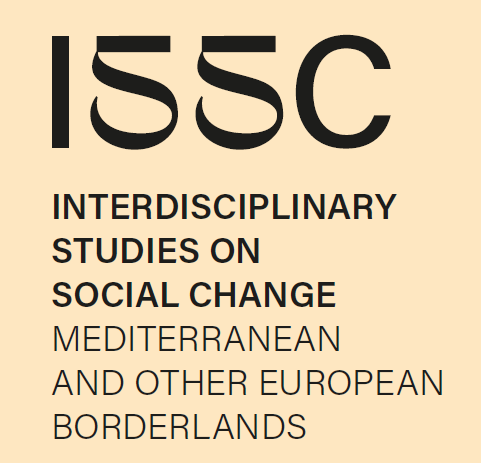We are going to start with classical case studies of economic anthropology: the Kula system of Trobriand Islands and the Potlach at Northwestern coast of Canada. Those examples gave rise to big anthropological theories of value, gift giving, and reciprocity and in general sparked an assumption that those allegedly primitive people in remote places of the world are not that different from allegedly civilized Europeans. Then, we will pass to philosophical foundations of thinking on economic action and money – ranging from Aristotle, through John Locke and Karl Marx, to Georg Simmel. Lastly, we are going to discuss several situations of functioning money and money-like objects in order to understand various contexts of our social life in modern capitalism, such as mortgages or commoditization of love and body. What do we value? What are the origins of money? How does money relate people to each other? And why it drives all of us so crazy? These are some questions we are going to tackle during the course.

